What is Worm Farming? -
An overview about the history and the basics of recycling with earthworms!
Worm farming, worm composting, vermiculture and vermicomposting are all different names for the process of recycling organic matter with the help of earthworms.
It is a neat and brilliant solution to reduce the pressure on landfill sites.
Earthworms have most likely been toiling the surface of the earth since the beginning of times!
----------
Earthworms recognized in History
The first nation that recognized the importance of earthworms for the fertility and conditioning of the soil were the Greeks.
Aristotle (384 – 322 B.C.) famous Greek philosopher called earthworms “the intestines of the earth”.
The Egyptian Queen Cleopatra the 7th (69 BC. - 30 BC) known by most for her connections to the Roman's Marc-Antony and Caesar knew that worms played a big role to the banks of the the River Nile fertile.
During her reign as the last Pharaoh of Egypt she passed a law that prohibited the removal of earthworms from Egypt.
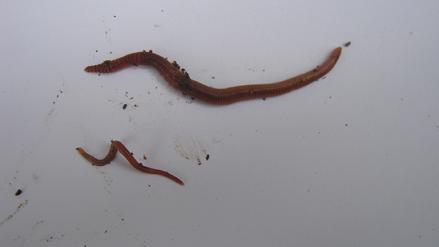
2 red compost worms of different sizes.
The English scientist Charles Darwin (1809 – April 1882) world renown for his publication of “On the Origin of Species” which advocates the theory of evolution, showed as well great interest in earthworms and studied them profoundly.
He published his findings in his book
“THE FORMATION OF
VEGETABLE MOULD,
THROUGH THE ACTION OF WORMS WITH OBSERVATIONS ON THEIR HABITS".
The 20th century brought a boost in popularity for worm composting
Worm composting as we know it today became only popular in the 20th century.
Only a few of the 3000 kinds of earthworms that live on our planet are ideal to be used in worm farms, may it be domestic bins or bulk beds that can host millions of juicy compost worms.
Worm composting has lots of benefits for all involved in the process!
The most popular worms are the European Night crawlers (Eisenia Hortensis) and Red Wigglers or Red worms (Eisenia Foetida or Eisenia Fetida).
----------
The worm farming process explained
How does the worm composting process work?
Worms are placed in a worm bin and are fed with organic matter.
Worm food usually consists of kitchen scraps or garden waste but can basically be anything that has ever been alive and is now dead. Wet waste is added to worm bins and the compost worms will eagerly eat the organic matter as it starts to decompose. They consume up to half their body weight of food per day.
While they digest it they richly enhance its fertility values, improve its water holding consistency and deposit their droppings known as "worm castings" usually close to the surface of their living space.
Worm composting is quicker and less labor intensive than the traditional composting process and produces fantastic organic fertilizers. Vermiculture can be done nearly anywhere. You can set up small worm bins under kitchen sinks or in store rooms of apartment dwellers. Bigger domestic bins serve small and large
families and homeowners.
Commercial sized solutions are set to work on farms, landfill sites or service big hotels.
Worm composting is still a niche market and has huge growth potential for many years to come.
----------
----------
How to build a homemade worm farm
----------
Worms convert dog poop into fertilizer
----------
-----------
For more worm compost related information!
Type your question or keywords (for example “earthworm”) into the search box below.
Your Questions about worm composting?
Do you have any questions or suggestions about worm composting?
This is the place where you can interact with us and other worm composting friends!
What Other Visitors Have Said
Click below to see contributions from other visitors to this page...
In Your Book "How to start a profitable worm business..." What Did You Mean By... 




Hi Stephan,
I bought your book. Absolutely love it! I've read it 3 times and carry it with me in my purse when I have to wait. ;0). You talked about …
Why does a worm bin need a tap 




Hello Stephan,
someone asked me
1) what the tap is for on the worm bin ?
2) where do you explain what the worm bin parts are for and how to start …
Manager of Sayari camp, Serengeti Tanzania 




Where can I get plans to build a worm farm to cope with 500kg food waste per month?
13 good reasons to start a worm bin Not rated yet
Good reasons to start worm composting.
I often get asked why I decided to get into worm composting, recycling kitchen- and other wet waste with the …
Horse/rabbit manure in worm bins Not rated yet
Hello,
I enjoyed reading your book and found lots of useful information but have a couple of questions about bedding and food.
Does the bedding need …
Search / Suchen
On SPECIAL
"How to start a profitable worm business on a shoestring budget
Order a printed copy from "Amazon" for only
$11.95
or a digital version from the "Kindle" store for only
$4.95
Prices valid till 31.01.2026
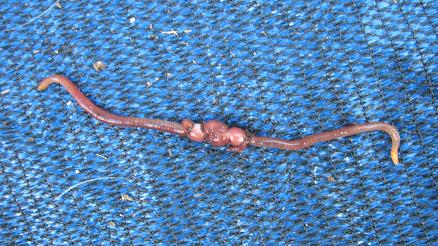
Our New Book
Order the Kindle E-book for the SPECIAL PRICE of only
$3.95
Prices valid till 31.01.2026!
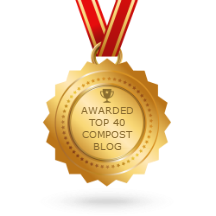

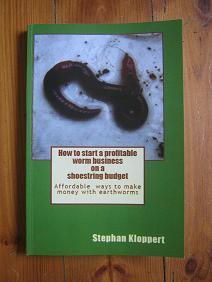
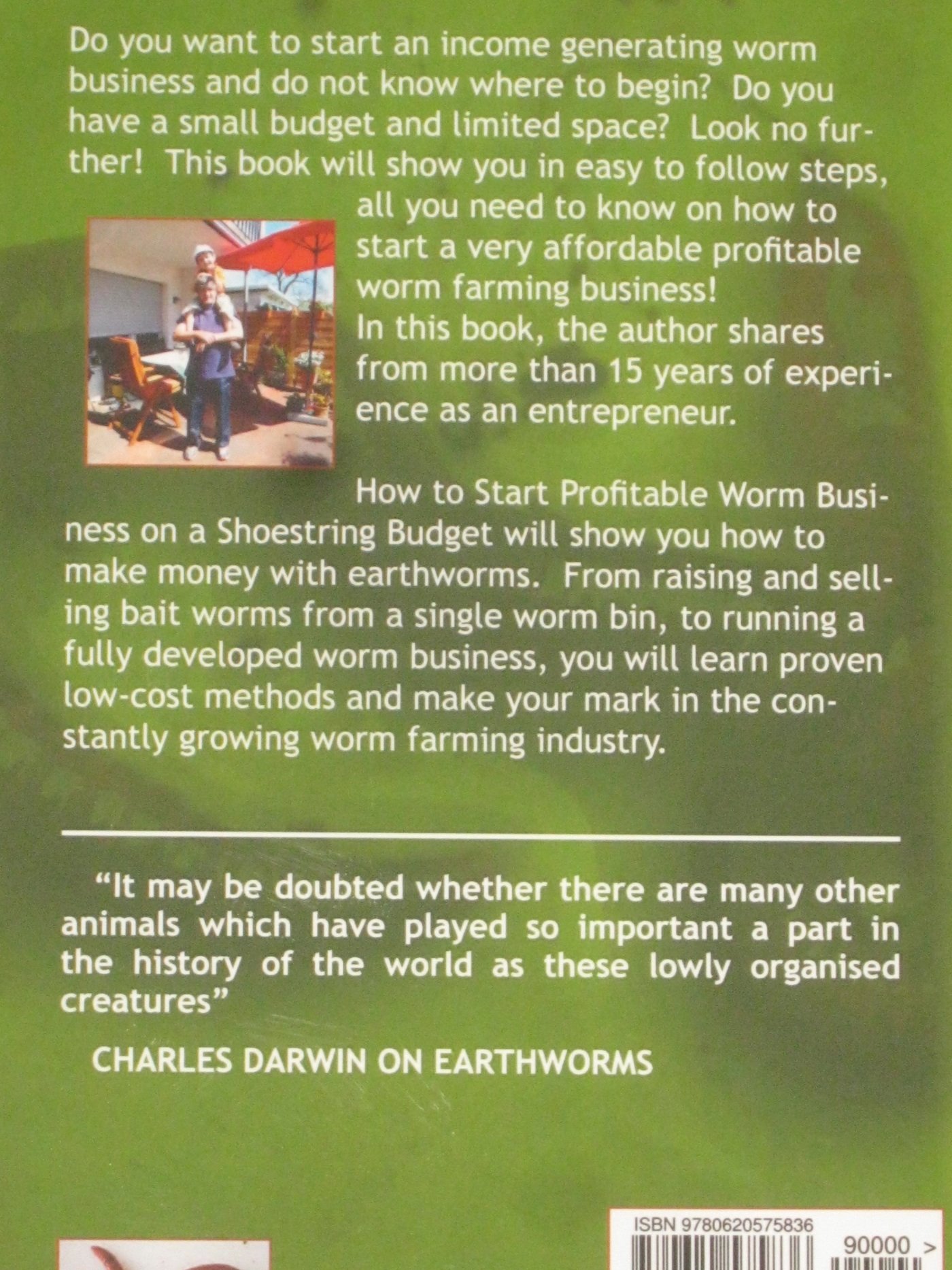

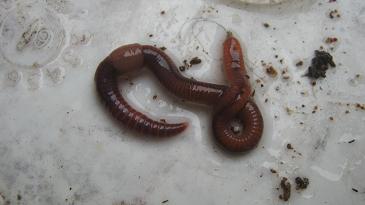
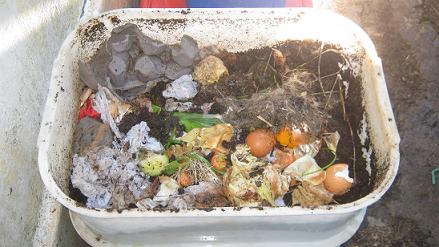
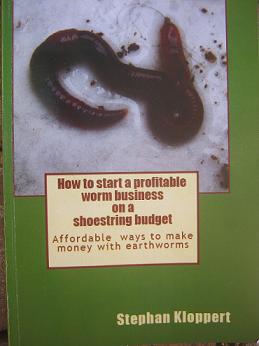
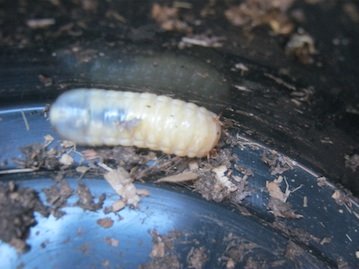
New! Comments
Have your say about what you just read! Leave me a comment in the box below.